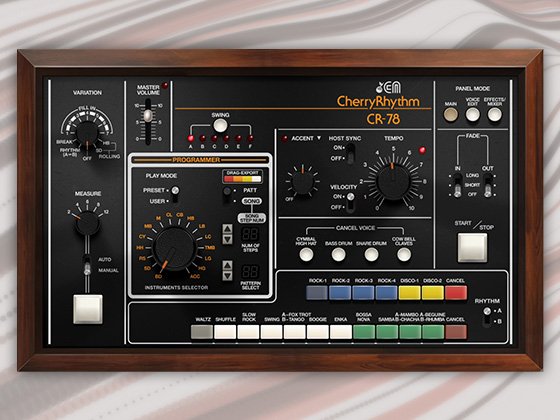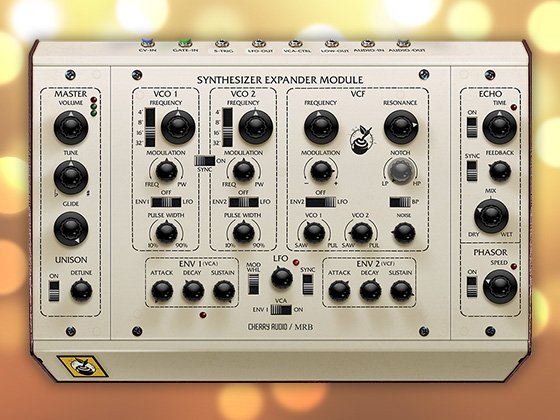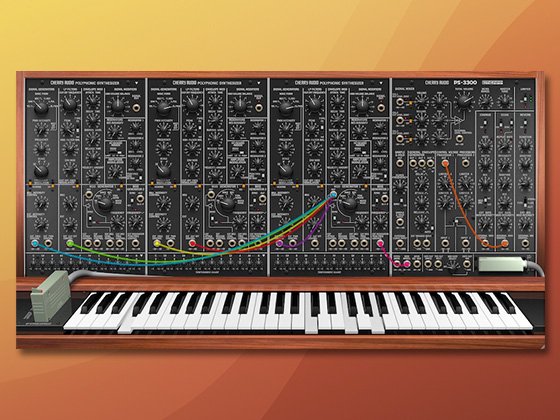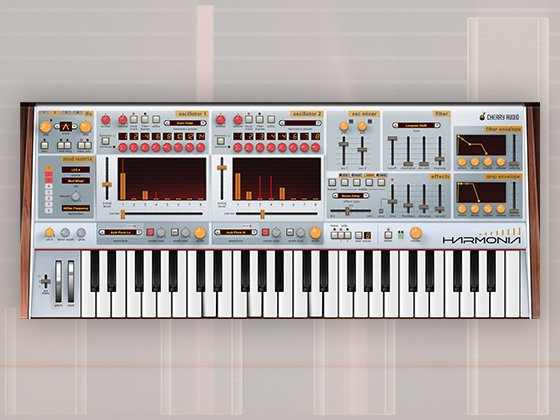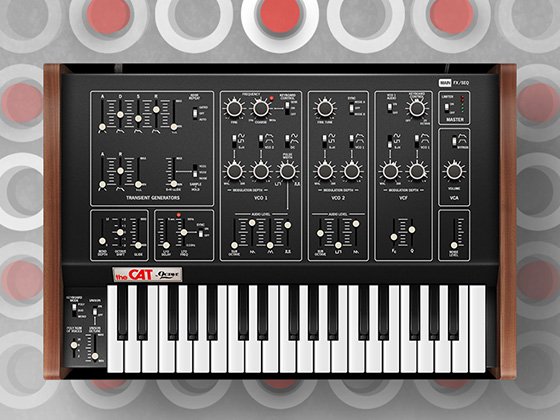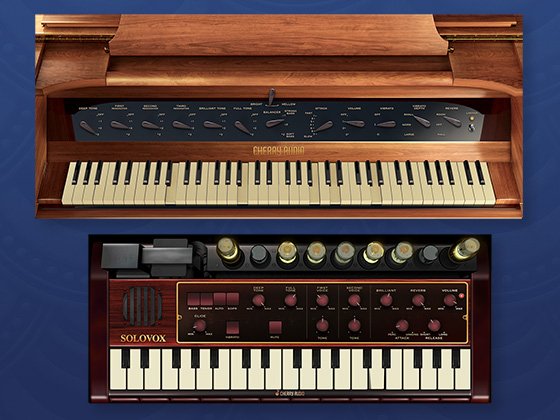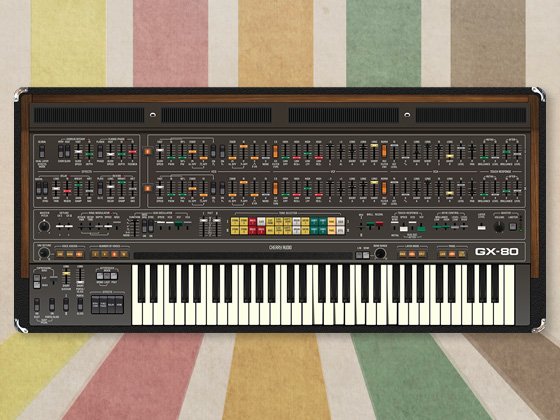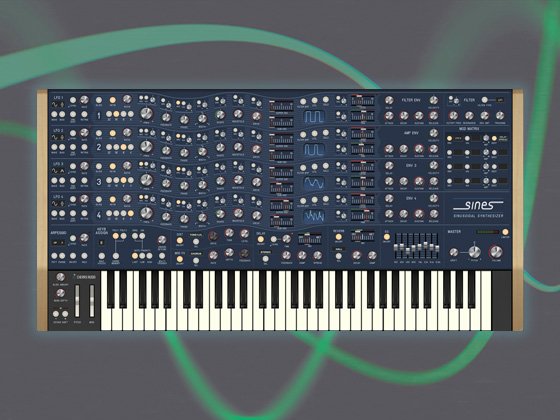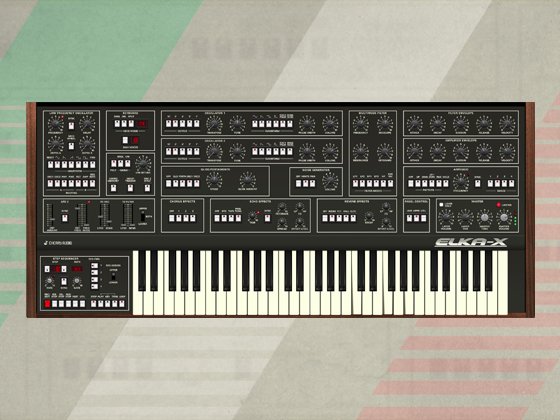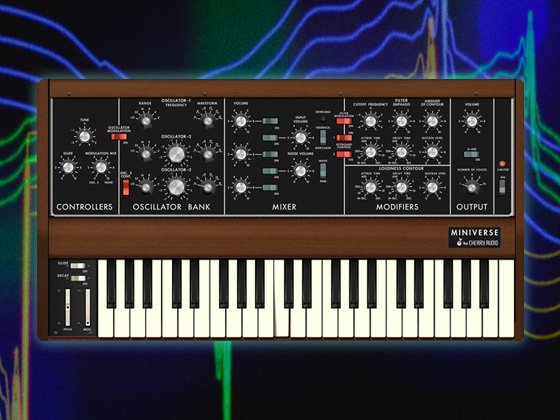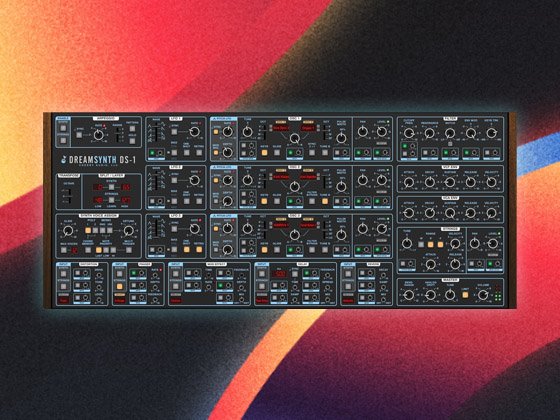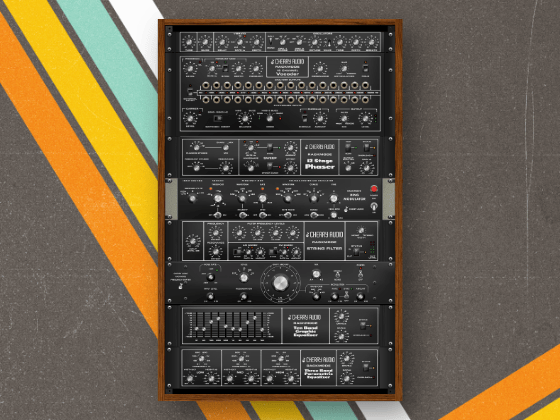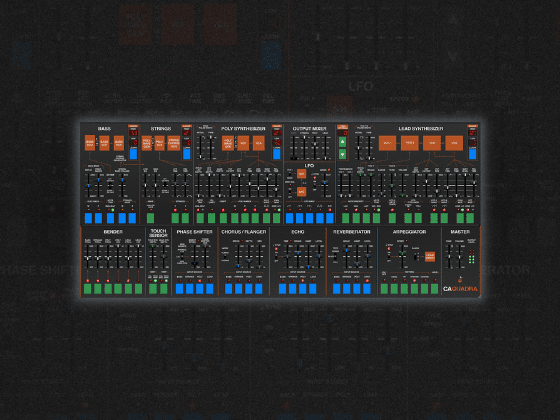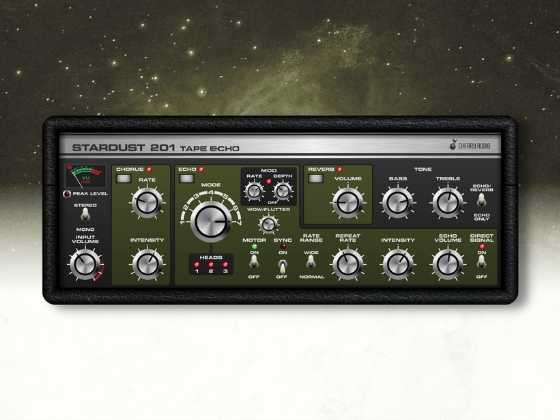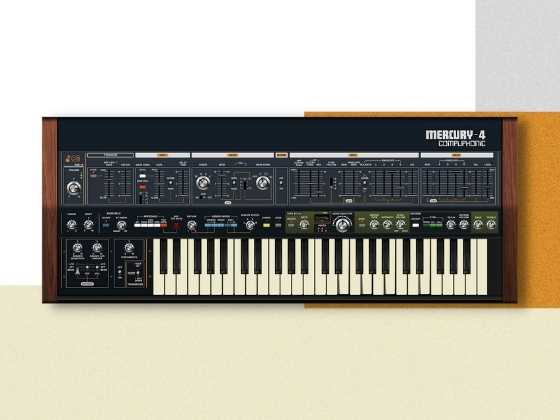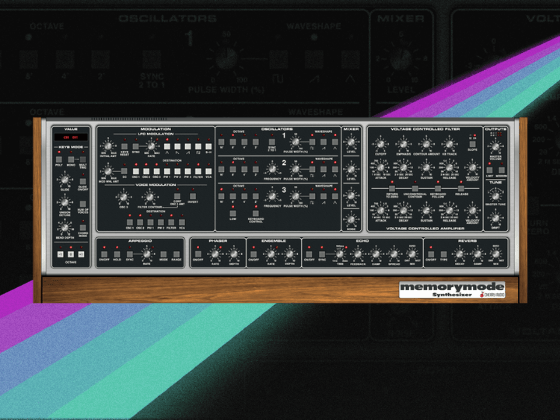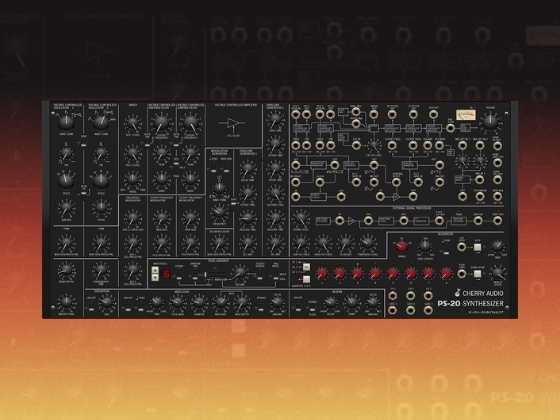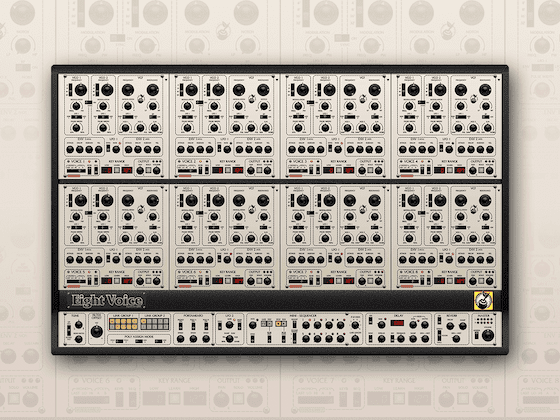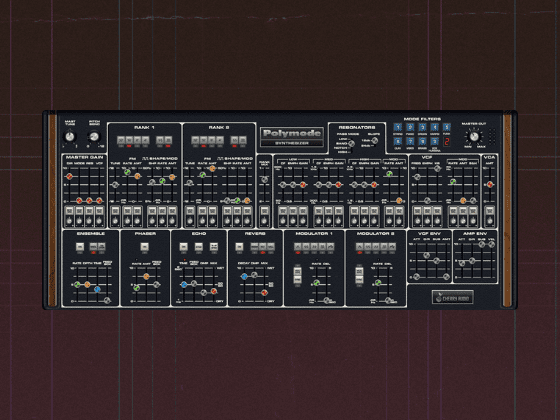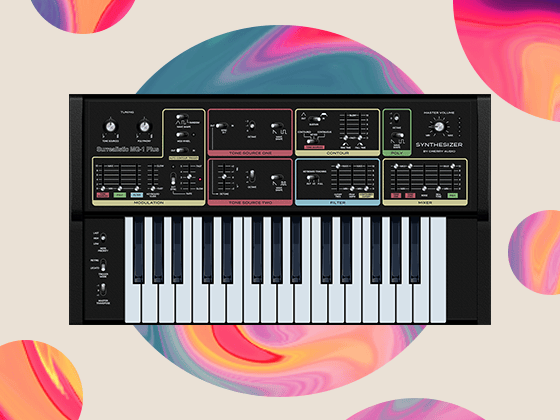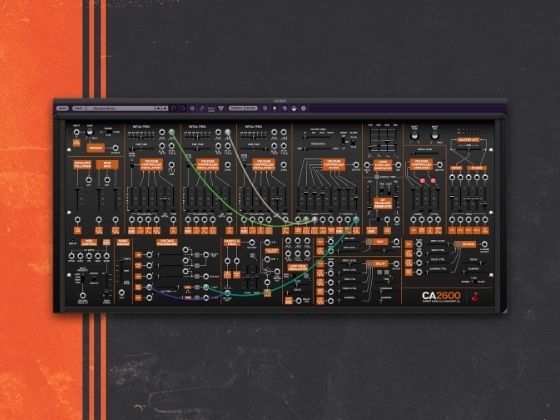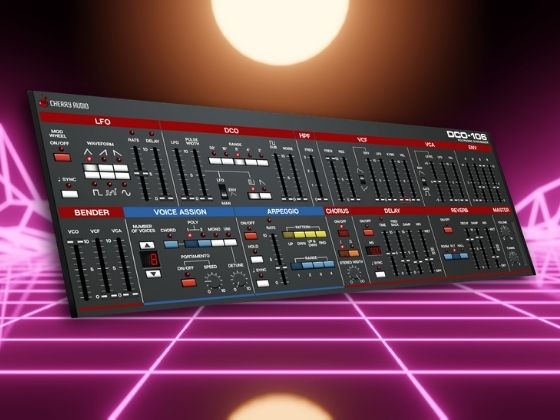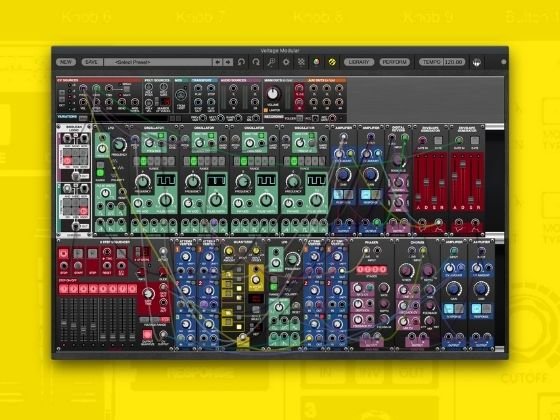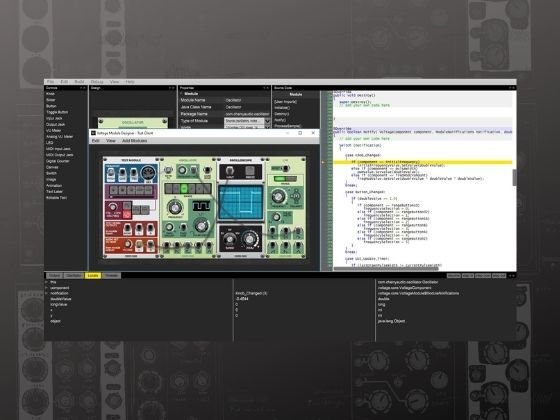Manufacturer: Weevil X R_Ware
$15.00
WEEVIL X R_WARE
IT IS ALL NOISE
Noise Terrain Oscillator transforms 2D GENERATED TERRAINS into an OSCILLATOR! VISUAL!
Manual:
2D-Oscillator section
Pitch CV
Connect any 1V/Oct signal to this input to control the pitch of the oscillator. Pro-Tip: You can also use this input for Exponential Frequency Modulation!
OCT AND FINE KNOB
Set the octave and an offset of +/-700cents with the oct and fine knob.
Phase Modulation ( PM )
Noise Terrain Oscillator lets you modulate the phase of the 2D-Oscillator to produce complex, pitch-stable signals. The PM input has a dedicated ATTENUVERTER knob on the top right of it to control the modulation amount. The switch to the right of the PM input freezes the oscillator engine. When the oscillator is frozen it will no longer move on its own. You can use the PM input to move the oscillator manually. This turns Noise Terrain Oscillator into a capable, 2D-Terrain-Waveshaper.
RATIO
Manipulate the ratio between the X and Y oscillators to produce more complex terrain traversal lines. This usually results in more complex outputs. Choose whole integer ratios for best quality.
TERRAIN section
RED, GREEN, and BLUE BIAS
You can set biases for the red, green, and blue contents of the generated terrain. Each color has a different impact on the resulting waveform. Depending on the currently generated terrain this influence fluctuates. Experiment with different settings on different terrains.
GRANULARITY
You can set the granularity of the generated shapes with the granularity knob. Higher values result in less densely populated terrains, whereas lower values will crowd the terrain more. A dense terrain provides many different values to traverse through yielding rich and complex sounds. However with complex routes this tends to get noisy. Experiment with different granularity and 2D-Oscillator settings.
ZOOM
The zoom knob lets you zoom into and out of the currently generated terrain. Dense terrains might have intricate patterns hidden within the depths and sparse terrains might benefit from a wider angle. Zooming into the terrain also blurs sharp edges naturally and softens the sounds.
MODE
You can choose between 3 different terrain generation modes
- BOXES will generate random, regular patterns made up of different colored cubes
- SHAPES will generate a random assortment of circles, lines and rectangles in various forms and sizes
- WAVES will generate a wavy pattern
DICE - RANDOMIZE TERRAIN
By clicking the dice button you can generate a new completely new terrain with a new color scheme based on the current mode.
OSCILLATOR MANIPULATION section
You can influence the 2D-Oscillator and its mapping onto the terrain with the controls in this section. Each parameter has controls for X and Y direction that influence either the horizontal or vertical oscillator portion. Each parameter has an accompanying CV input with a dedicated attenuverter.
LEVEL
Sets the level of the oscillator. Higher levels will make the oscillator stretch over a wider area on the terrain, lower values will restrict the oscillator to a smaller frame. The path wraps around the borders of the terrain.
OFFSET
Offsets the center of the oscillator pushing it horizontally and vertically.
PHASE
Manipulates the phase relationship of the 2D-Oscillator horizontal and vertical direction.
SHAPE
Applies phase distortion to the 2D-Oscillator warping the sines into intricate shapes.
OUTPUT section
SCOPE
The output oscilloscope tries to capture at least one wavecycle of the currently output waveform and tries to stabilize to the current pitch.
X and Y outputs
The X and Y outputs output the horizontal and vertical part of the 2D-Oscillator. This can be used to further manipulate the signal in relation to the initial oscillator.
DRIVE
Some terrains might produce only low values. Use the drive knob to boost the output signal strength. A soft-clipper makes sure to keep the signal within the +/- 5V range. Pro-Tip: Abuse the drive knob to drive the output into saturation for some extra harmonics!
OUTPUT
Outputs the result of the 2D-Oscillator's path on the terrain. This output is AC-coupled/DC-filtered.
No reviews yet. Be the first to review this product!




























